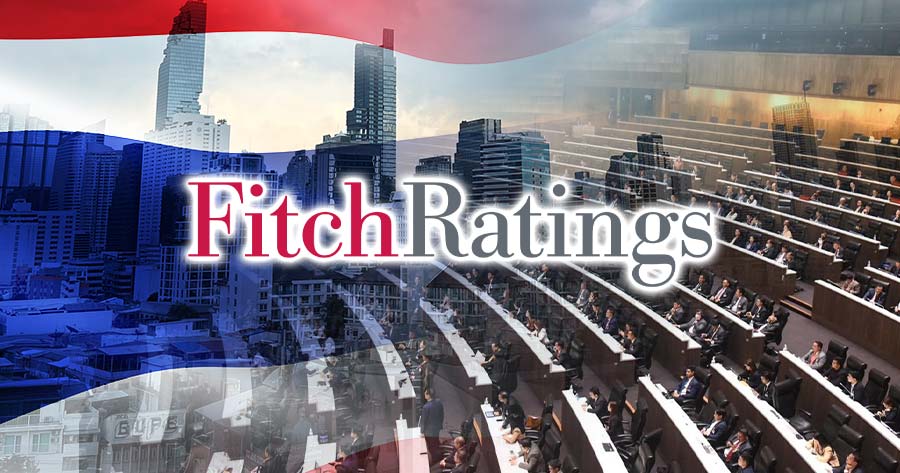Fitch Ratings has emphasized the significance of the swift approval of Thailand’s new Prime Minister, Paetongtarn Shinawatra, by the Thai parliament, a move that garnered royal endorsement on 18 August. While this approval is expected to maintain policy continuity, recent events have brought to light the vulnerability of Thailand’s volatile political landscape in influencing policymaking and investor confidence.
The dismissal of the previous Prime Minister, Srettha Thavisin, by the Constitutional Court due to ethics violations in a cabinet appointment, and the subsequent dissolution of the Move Forward party – which had secured the most seats in the 2023 election – underscore the ongoing political uncertainty in the country.
Fitch Ratings believes that Shinawatra is likely to uphold the policy positions of the Thavisin administration, especially considering that the Pheu Thai Party (PTP) remains the dominant party within the ruling coalition.
Risks of delays to the budget for the financial year ending September 2025 (FY25) are considered low, with the bill progressing through readings in the lower house and awaiting Senate and royal approval.
One of the key areas of focus is the much-delayed digital wallet scheme, which aims to provide cash transfers of THB10,000 earch to around 50 million eligible Thais. The cost of the scheme, estimated to be approximately 2.4% of GDP spread over two fiscal years, presents both fiscal implications and potential economic stimulus. Fitch Ratings’ forecasts, incorporating the scheme, project an increase in the fiscal deficit to 4.3% of GDP in FY24 and 4.4% in FY25, compared to 2.0% in FY23.
The scheme will come through, one way or another, Fitch expects.
While the government’s access to domestic capital markets and favorable debt structure offer some protection against risks associated with increased general government debt/GDP since 2019, concerns remain regarding the government’s fiscal capacity to respond to future economic challenges. Political volatility in Thailand has historically hindered effective policymaking, as reflected in less favorable governance indicators compared to peers in the ‘BBB’ category. Uncertainty surrounding fiscal deficit, government debt, and governance indicators may necessitate cautious monitoring to prevent negative rating actions in the future.
The appointment of Shinawatra and the subdued public response to the dissolution of the Move Forward party indicate a current low risk of widespread political unrest. Nevertheless, the potential for a further escalation in political risk looms, which could adversely impact economic policymaking, growth prospects, and ultimately lead to negative rating actions. Thailand’s political volatility continues to pose challenges in enhancing confidence among foreign investors, local businesses, and consumers, underscoring the importance of stability and effective governance for sustainable economic growth and development.





